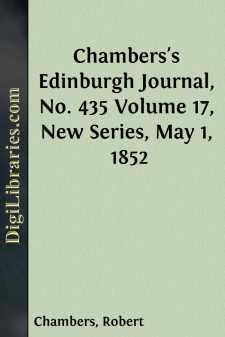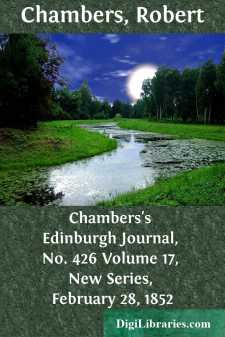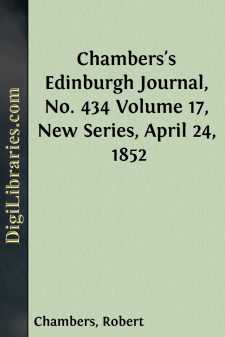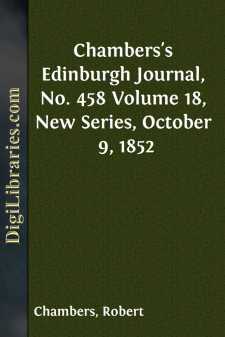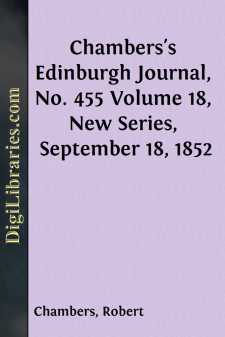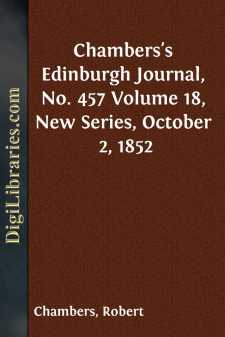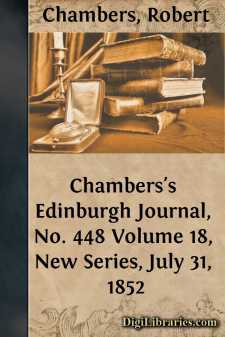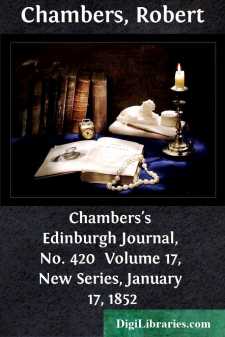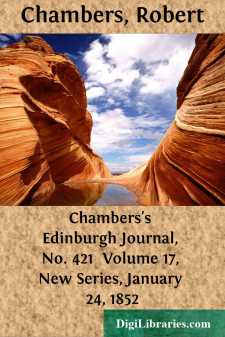Categories
- Antiques & Collectibles 13
- Architecture 36
- Art 48
- Bibles 22
- Biography & Autobiography 816
- Body, Mind & Spirit 145
- Business & Economics 28
- Children's Books 17
- Children's Fiction 14
- Computers 4
- Cooking 94
- Crafts & Hobbies 4
- Drama 346
- Education 58
- Family & Relationships 59
- Fiction 11834
- Foreign Language Study 3
- Games 19
- Gardening 17
- Health & Fitness 34
- History 1378
- House & Home 1
- Humor 147
- Juvenile Fiction 1873
- Juvenile Nonfiction 202
- Language Arts & Disciplines 89
- Law 16
- Literary Collections 686
- Literary Criticism 179
- Mathematics 13
- Medical 41
- Music 40
- Nature 179
- Non-Classifiable 1768
- Performing Arts 7
- Periodicals 1453
- Philosophy 66
- Photography 2
- Poetry 897
- Political Science 203
- Psychology 45
- Reference 154
- Religion 516
- Science 126
- Self-Help 85
- Social Science 82
- Sports & Recreation 34
- Study Aids 3
- Technology & Engineering 59
- Transportation 23
- Travel 463
- True Crime 29
Our website is made possible by displaying online advertisements to our visitors.
Please consider supporting us by disabling your ad blocker.
Chambers's Edinburgh Journal, No. 436 Volume 17, New Series, May 8, 1852
by: Robert Chambers
Description:
Excerpt
THE MUSICAL SEASON.
'The English are not a musical people.' The dictum long stood unquestioned, and, in general estimation, unquestionable. All the world had agreed upon it. There could be no two opinions: we had no national airs; no national taste; no national appreciation of sweet sounds; musically, we were blocks! At length, however, the creed began to be called in question—were we so very insensible? If so, considering the amount of music actually listened to every year in London and the provinces, we were strangely given to an amusement which yielded us no pleasure; we were continually imposing on ourselves the direst and dreariest of tasks; we were tormenting ourselves with symphonies, and lacerating our patience with sonatas and rondos. What was the motive? Hypocrisy was very generally assigned. We only affected to love music. It was intellectual, spiritual, in all respects creditable to our moral nature, to be able to appreciate Mozart and Beethoven, and so we set up for connoisseurs, and martyrised ourselves that Europe might think us musical. Is there more truth in this theory than the other? Hypocrisy is not generally so lasting as the musical fervour has proved itself to be. A fashion is the affair of a season; a mania goes as it came; but regularly and steadily, for many years back, has musical appreciation been progressing, and as regularly have the opportunities for hearing good music of all kinds been extending.
Take up a daily newspaper, published any time between April and August, and range your eye down the third or fourth column of the first page—what an endless array of announcements of music, vocal and instrumental! Music for the classicists; music for the crowd; symphonies and sonatas; ballads and polkas; harmonic societies; choral societies; melodists' clubs; glee clubs; madrigal clubs. Here you have the quiet announcement of a quartett-party; next to it, the advertisement of one of the Philharmonic Societies—the giants of the musical world; pianoforte teachers announce one of their series of classic performances; great instrumental soloists have each a concert for the special behoof and glorification of the bénéficiaire. Mr So-and-so's grand annual concert jostles Miss So-and-so's annual benefit concert. There are Monday concerts, and Wednesday concerts, and Saturday concerts; there are weekly concerts, fortnightly concerts, and monthly concerts; there are concerts for charities, and concerts for benefits; there are grand morning concerts, and grand evening concerts; there are matinées musicales, and soirées musicales; there are meetings, and unions, and circles, and associations—all of them for the performance of some sort of music. There are musical entertainments by the score: in the City; in the suburbs; at every institute and hall of science, from one end of London to the other. One professor has a ballad entertainment; a second announces a lecture, with musical illustrations; a third applies himself to national melodies....



